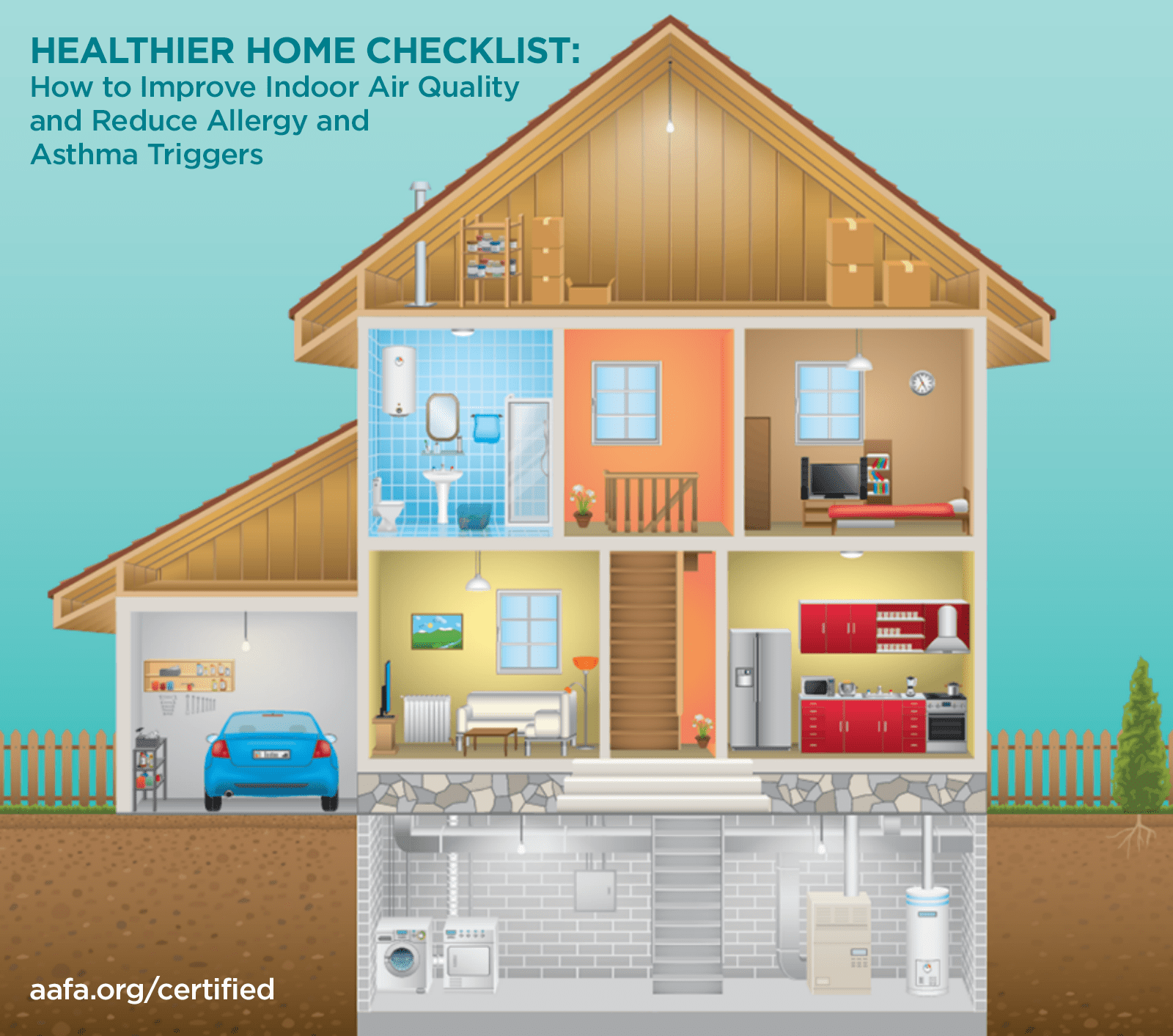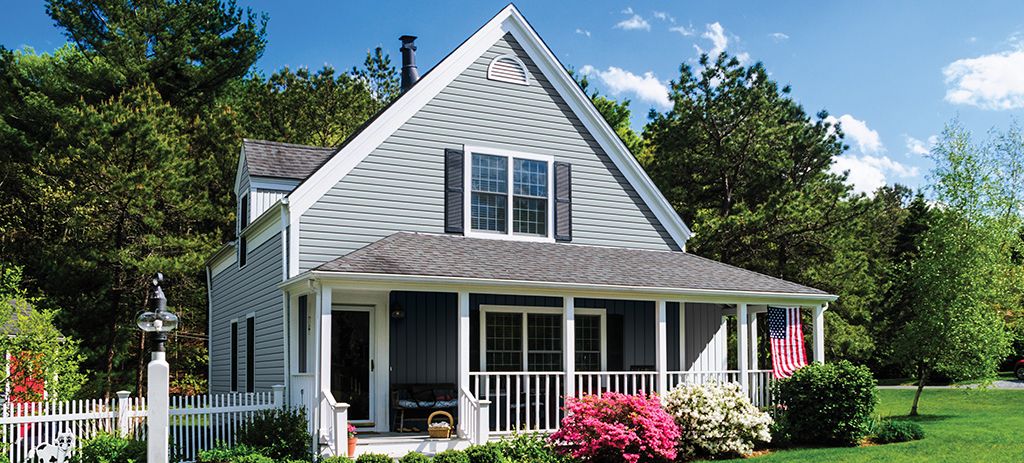How to Apply for Home Improvement Grants
Hello, Readers! Welcome to our comprehensive guide on how to apply for home improvement grants. If you are looking to enhance your living space but lack the necessary funds, home improvement grants can be a great solution. In this article, we will provide you with a step-by-step process to successfully apply for these grants, along with the strengths and weaknesses of this approach.
Contents
- 1 The Importance of Home Improvement Grants
- 2 The Process of Applying for Home Improvement Grants
- 3 Strengths of Applying for Home Improvement Grants
- 4 Weaknesses of Applying for Home Improvement Grants
- 5 Table: Home Improvement Grants Information
- 6 Frequently Asked Questions (FAQs)
- 6.1 1. Can I apply for multiple home improvement grants simultaneously?
- 6.2 2. Is there an age limit for applying for home improvement grants?
- 6.3 3. What happens if my application is rejected?
- 6.4 4. Can I use the grant funds for DIY home improvement projects?
- 6.5 5. Will I be required to repay home improvement grants?
- 6.6 6. Can I apply for a home improvement grant if I am renting the property?
- 6.7 7. How long does it take to receive the grant funds?
- 7 Conclusion
- 8 Closing Words
- 9 Author
The Importance of Home Improvement Grants
Home improvement grants have gained significant popularity in recent years due to the financial assistance they offer to homeowners. These grants aim to improve the living conditions and quality of life by providing funds for various renovation and improvement projects.
Whether you are planning to upgrade your kitchen, install energy-efficient appliances, or make your home more accessible for people with disabilities, home improvement grants can provide you with the necessary financial support. These grants can alleviate the burden of high renovation costs and make your dream projects a reality.
The Process of Applying for Home Improvement Grants
1. Research Available Grants: Before starting the application process, it is crucial to research and identify the grants available in your area. Local government bodies, non-profit organizations, and even some private entities offer home improvement grants. Explore their websites, contact the relevant authorities, and gather information about eligibility criteria and application procedures.
2. Determine Eligibility: Once you have identified potential grants, carefully review their eligibility requirements. Each grant may have specific criteria, such as income limitations, property type, or intended use of funds. Evaluate if you meet all the necessary qualifications before proceeding with the application.
3. Gather Required Documents: To streamline your application process, gather all the necessary documents beforehand. These may include proof of income, property ownership documents, project estimates, and any other supporting paperwork as specified by the grant program. Having these documents prepared will make the application process smoother.
4. Complete the Application Form: Fill out the application form accurately and provide all the requested information. Be honest and provide detailed responses to increase your chances of approval. Make sure to double-check your form for any errors or missing information before submission.
5. Submit the Application: Follow the instructions provided by the grant program to submit your application. This may involve mailing physical copies of documents or submitting an online application through their website. Be mindful of the deadlines and ensure your application reaches the designated authorities on time.
6. Wait for Evaluation: After submitting your application, it will undergo an evaluation process. This may involve verifying the information provided, conducting site visits, or assessing the feasibility of your proposed project. The evaluation period can vary depending on the grant program, so be patient during this stage.
7. Approval and Grant Disbursement: If your application meets all the criteria and is approved, you will receive notification regarding the grant funds. The disbursement process can vary, with some grants providing funds directly to the homeowner, while others may require working with approved contractors. Follow the instructions provided by the grant program to receive the funds and commence your home improvement project.
Strengths of Applying for Home Improvement Grants
1. Financial Assistance: Undoubtedly, the most significant advantage of home improvement grants is the financial aid they offer. These grants can significantly reduce or eliminate the burden of funding your home renovation projects, making them more accessible and affordable.
2. Improved Living Conditions: By availing home improvement grants, you can enhance your living conditions and make your home more comfortable and functional. Whether it’s upgrading outdated infrastructure or implementing energy-efficient solutions, these grants enable you to transform your living space according to your needs.
3. Increased Property Value: Renovations funded through home improvement grants can increase the value of your property. Upgraded homes with modern amenities and energy-efficient features can attract potential buyers and deliver a higher return on investment if you plan to sell in the future.
4. Support for Priority Projects: Home improvement grants often prioritize specific projects, such as making homes more accessible for the elderly or individuals with disabilities. By applying for these grants, you can receive support for essential renovations that improve accessibility and create a safer living environment.
5. Strengthened Community: Many home improvement grants are provided through local government bodies or non-profit organizations. By utilizing these grants, you contribute to the betterment of your community, as these initiatives aim to uplift the overall living standards and visual appeal of neighborhoods.
6. Energy Efficiency Benefits: Some home improvement grants specifically target energy-efficient upgrades, such as insulation, solar panels, or efficient heating systems. By implementing these improvements, you can reduce energy consumption, lower utility bills, and contribute to a greener and more sustainable environment.
7. Access to Expert Guidance: Home improvement grants often come with additional support, including access to expert guidance or resources. This assistance can help you make informed decisions, choose the most suitable upgrades for your home, and ensure that the renovation projects fulfill all the necessary requirements.
Weaknesses of Applying for Home Improvement Grants
1. Limited Availability: Home improvement grants are not universally available, and their availability may be subject to government funding, local initiatives, or specific eligibility criteria. The limited number of grants can sometimes result in stiff competition and lower chances of approval.
2. Eligibility Restrictions: Specific criteria, such as income limitations or property types, can restrict eligibility for home improvement grants. This may lead to some homeowners being excluded from accessing these financial aids, even if they require assistance for necessary renovations.
3. Lengthy Application Process: Applying for home improvement grants often involves a comprehensive application process, including gathering documents, filling out forms, and submitting detailed project proposals. This process can be time-consuming and may require significant effort and attention to detail.
4. Uncertain Approval Timelines: While home improvement grants offer financial assistance, the approval process can be lengthy and unpredictable. Waiting for evaluation and approval can delay your home improvement project and hinder your plans for timely renovations.
5. Project Limitations: Home improvement grants may have specific restrictions on the types of projects they fund. Certain grants may prioritize energy-efficient upgrades, while others focus on safety and accessibility improvements. These limitations can impact your freedom in choosing the scope and nature of your renovation project.
6. Competitive Selection Process: If the number of applicants exceeds the available funds, home improvement grants may follow a competitive selection process. This means that even if you meet all the eligibility requirements, your application may not be approved due to the limited funds and the presence of more compelling proposals.
7. Compliance Requirements: Home improvement grants often come with compliance requirements to ensure that the funds are utilized appropriately. This may involve proper documentation, periodic reporting, or utilizing approved contractors. Failure to meet these compliance obligations can lead to grant disqualification.
Table: Home Improvement Grants Information
| Grant Program | Eligibility Criteria | Maximum Grant Amount | Application Deadline |
|---|---|---|---|
| Local Housing Authority Grant | Low-income homeowners, specific property types | $10,000 | June 30th, 2022 |
| Energy Efficiency Retrofit Grant | All homeowners, energy-efficient upgrades | $5,000 | March 15th, 2022 |
| Community Development Block Grant | Varies by local municipality | $20,000 | Depends on local government |
Frequently Asked Questions (FAQs)
1. Can I apply for multiple home improvement grants simultaneously?
Yes, you can apply for multiple grants as long as you meet the eligibility criteria for each of them.
2. Is there an age limit for applying for home improvement grants?
No, age is not usually a determining factor for eligibility. However, certain grants may prioritize specific age groups, such as grants for senior citizens.
3. What happens if my application is rejected?
If your application is rejected, you can evaluate the reasons provided and consider other available grants or alternative financing options.
4. Can I use the grant funds for DIY home improvement projects?
The usage of funds depends on the specific grant program. Some grants may allow DIY projects, while others require professional contractors for certain types of renovations.
5. Will I be required to repay home improvement grants?
In most cases, home improvement grants do not require repayment. However, it is essential to review the terms and conditions of each grant program, as some may have specific repayment obligations under certain circumstances.
6. Can I apply for a home improvement grant if I am renting the property?
Generally, home improvement grants are available only to homeowners. However, renters can explore other assistance programs or discuss improvements with their landlords.
7. How long does it take to receive the grant funds?
The time taken to receive grant funds varies depending on the specific grant program and its administrative processes. It is advisable to inquire about the estimated timeframe during the application process.
Conclusion
In conclusion, applying for home improvement grants can be an excellent way to finance your renovation projects and improve your living conditions. By following the step-by-step process outlined in this article, you can increase your chances of securing these grants successfully.
While home improvement grants have their strengths, such as providing financial aid, improving living conditions, and increasing property value, there are also weaknesses, including limited availability, eligibility restrictions, and compliance requirements.
We encourage you to research the available grants in your area, determine your eligibility, and proceed with the application process. Remember to be thorough, provide accurate information, and adhere to all requirements to maximize your chances of approval.
Investing time and effort into applying for home improvement grants can lead to significant benefits for you and your community. Don’t miss out on the opportunity to turn your home improvement dreams into a reality!
Closing Words
Thank you for taking the time to delve into the world of home improvement grants. While these grants offer substantial financial assistance, it is essential to thoroughly research and understand the specific terms and conditions of each program you apply for.
Remember that home improvement grants are just one of the available options to finance your renovation projects. Explore other alternatives and funding sources to ensure you make an informed decision that suits your needs and circumstances.
Always consult with professionals, such as contractors or financial advisors, before embarking on significant home improvement projects. They can provide valuable guidance, help you estimate costs, and ensure that your project aligns with local regulations and grant requirements.
Best of luck with your home improvement journey, and may your dream of an enhanced living space become a reality!










